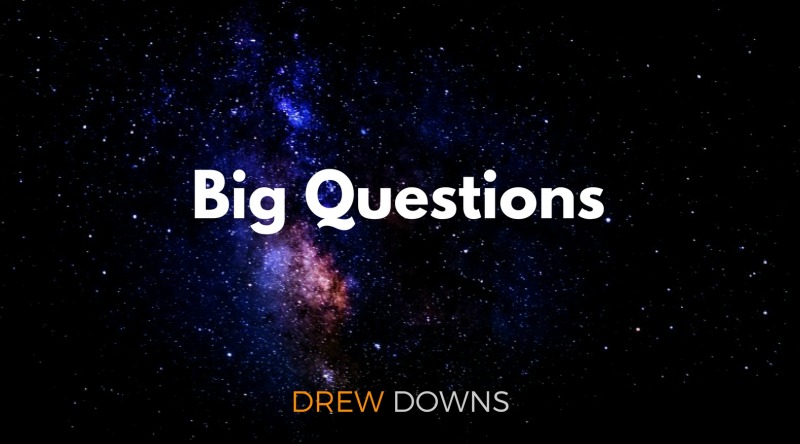It’s a simple question. Well, at least many of us treat it like it is.
Not at all, we say. Separation of Church and State.
A lot, we say. We are called to change the world.
How we answer the question often reveals not only what we think of church and politics, but where we get our inspiration for faith.
Here are a few examples from scripture which influence our politics and faith.
The Favored Family.
GOD calls Abraham and Sarah to become the heads of the favored family. Throughout the first five books of the Bible (the Torah), GOD supports the favored family; blessing them and destroying their enemies. Here we also receive the Law (rules of conduct and community building) and the big rule which is understood as GOD is our everything.
The Mighty Nation.
From the Abrahamic line, the people grew to see their relationship with GOD as national. Here, GOD protected and built up, first the family, then the tribes, and ultimately, the country they founded. GOD provided leadership for them and crushed their enemies. Until, of course, the enemies crushed them. Here we also see a never ending struggle with getting it “right” with GOD.
The Prophetic Call to Justice.
Parallel to the might and blessing of the nation was a counterweight from GOD in the prophet. These men and women were the conscience of the community, reminding them to come back to what GOD was calling them to do. Namely to raise up the low and turn away from power. They sought structural changes for those being hurt by the political systems.
Letters of Community Comfort.
Paul and other leaders wrote letters to the Christian communities to help them deal with the specific issues of their time. They often tried to balance the instructional (here’s what you should do in this specific situation) with the aspirational and theological (here’s what GOD is calling us to do in general). These letters take differing tones toward the world’s political systems. But they often struck two conflicting chords at the same time. 1) Go with the flow, and be citizen of the world without concern, for you are also a citizen of heaven. 2) And stand against the way of the world for you are to be a beacon of GOD’s love in the midst of all adversity.
Jesus of the Gospels.
The Jesus depicted in scripture focused on serving and teaching his followers how to serve. At least in the first half of each gospel. In the second halves, he is more distinctly a political actor, walking to Jerusalem and confronting the power structure. John’s approach is a bit different and more cosmic. But the image of Jesus portrayed in all the gospels is one who gets very political–is a radical and seems to be inciting a revolution.
This view of a political Jesus is often tempered by considering it metaphorical or cosmic rather than instructive. This leads us to see Jesus’s life and death as a reconciling event for the world and for humanity writ large, and therefore not than an expression of a person of faith. One could argue that these are not mutually exclusive, but even more powerful when taken together.
There are many more ways Scripture expresses political thoughts, but these are five broad strokes.
It depends on how we see politics.
Since we are trying to figure out how the church and people of faith should deal with politics, we should also consider what we mean by the word. Here are three examples:
- Everything is political.
- Politics refers to hot-button issues of the day and controversy.
- The word political evokes party politics: the laws and party positions which fixate our government.
How we define the word often determines how political we see our church.
And how we see church.
In a generic sense, a religion is a thing. A religion is definable and quantifiable.
And religion is now seen as a deeply personal and spiritual thing. It often seems that Christianity has become the practice of a billion little religions of one.
But a church isn’t a theoretical construct. It is an actual thing. A thing which gathers and worships weekly. Where Jesus is made known in a spirit of love and prophecy. And the broken and battered are not only welcomed, but tended to. A thing which engages in acts of love and support.
I want to hear from you.
-
How political should your church be?
-
And how do you understand the words politics and church?


Leave a Reply